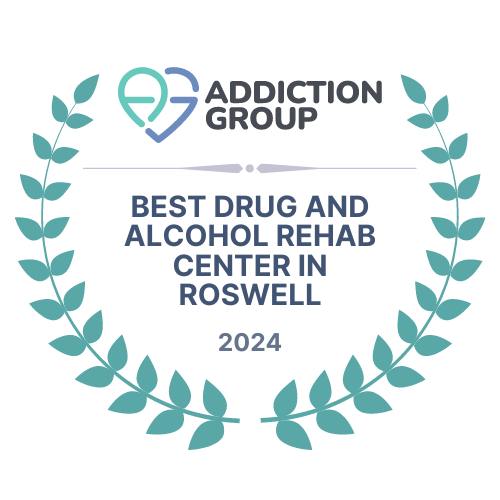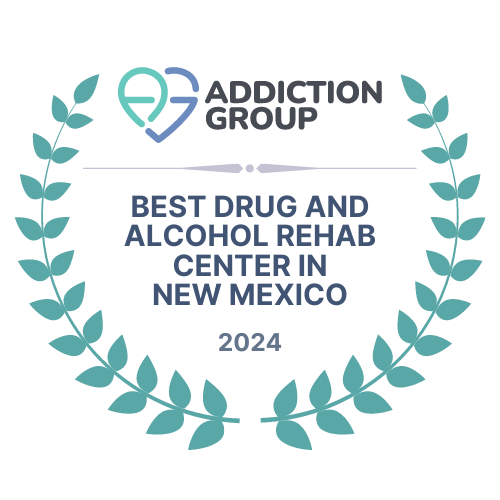Substance abuse is a pressing issue affecting communities across the United States, and Curry County is no exception. With a population of around 50,000, this county in eastern New Mexico faces significant challenges related to substance abuse, including addiction, health complications, and social impacts. Understanding the scope of the problem and exploring potential solutions is essential for improving the health and well-being of Curry County residents.
The Scope of Substance Abuse in Curry County
Substance abuse in Curry County, as in many rural areas, presents unique challenges. The limited availability of healthcare resources, socioeconomic factors, and geographic isolation can exacerbate the impact of substance abuse on individuals and families.
- Prevalence of Substance Abuse: In Curry County, substance abuse rates mirror national trends, with significant issues related to alcohol, methamphetamine, prescription opioids, and increasingly, fentanyl. The rural setting often means fewer resources for prevention and treatment, leading to higher rates of addiction and related health problems.
- Impact on Health: Substance abuse has severe health consequences, including chronic diseases, mental health disorders, and increased mortality. In Curry County, healthcare providers often see patients with advanced stages of substance-related illnesses due to delayed treatment and limited access to specialized care.
- Economic and Social Impact: Substance abuse affects more than just the individual; it has broad economic and social implications. Families experience financial strain, workplaces suffer from decreased productivity, and communities face increased crime rates and social instability.
Contributing Factors
Several factors contribute to the substance abuse crisis in Curry County:
- Economic Hardship: Economic challenges, including high unemployment rates and poverty, can increase the risk of substance abuse. Individuals may turn to drugs or alcohol as a coping mechanism for stress, financial instability, or lack of opportunities.
- Limited Access to Healthcare: Rural areas often face shortages of healthcare providers, particularly those specializing in addiction treatment. This scarcity makes it difficult for individuals to access timely and effective care, leading to prolonged substance abuse and related health issues.
- Mental Health: Mental health disorders, such as depression and anxiety, are closely linked to substance abuse. In Curry County, the stigma surrounding mental health and limited mental health services can prevent individuals from seeking the help they need.
Addressing Substance Abuse in Curry County
Tackling substance abuse in Curry County requires a multifaceted approach that includes prevention, treatment, and community support. Here are some strategies that can make a difference:
- Enhancing Access to Treatment: Expanding access to addiction treatment services is critical. This includes increasing the availability of detoxification programs, inpatient and outpatient treatment facilities, and medication-assisted treatment (MAT) for opioid addiction. Telehealth services can also play a crucial role in bridging the gap for residents in remote areas.
- Community Education and Prevention Programs: Prevention is key to reducing substance abuse. Community education programs that raise awareness about the risks of drug and alcohol use, teach coping skills, and promote healthy lifestyles can help prevent the initiation of substance abuse. Schools, local organizations, and healthcare providers can collaborate to deliver these programs effectively.
- Support for Mental Health: Integrating mental health services with substance abuse treatment is essential. Providing comprehensive care that addresses both mental health and addiction can improve outcomes for individuals. This includes offering counseling, psychiatric services, and support groups tailored to the needs of those with co-occurring disorders.
- Law Enforcement and Policy Initiatives: Law enforcement plays a crucial role in addressing substance abuse, but a balanced approach is needed. Policies that focus on treatment and rehabilitation rather than solely on punishment can help reduce recidivism and support recovery. Drug courts and diversion programs can provide alternatives to incarceration for non-violent offenders with substance abuse issues.
- Community Support Networks: Building strong community support networks can make a significant difference in the recovery process. Peer support groups, community centers, and faith-based organizations can offer crucial support, helping individuals stay connected and motivated throughout their recovery journey.
- Employment and Vocational Training: Providing employment opportunities and vocational training can help individuals in recovery reintegrate into society. Economic stability is a key factor in preventing relapse and supporting long-term recovery.
Renew Health’s Commitment
At Renew Health, we are committed to addressing the substance abuse crisis in Curry County through comprehensive, compassionate care. Our services include evidence-based treatment programs, mental health support, and community outreach initiatives designed to promote recovery and prevent substance abuse.
We believe that every individual deserves the opportunity to live a healthy, fulfilling life free from the burden of addiction. If you or a loved one is struggling with substance abuse, contact Renew Health today to learn more about our programs and how we can support you on your path to recovery. Together, we can build a healthier, stronger community in Curry County.









